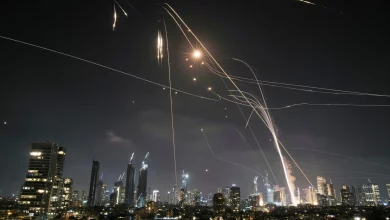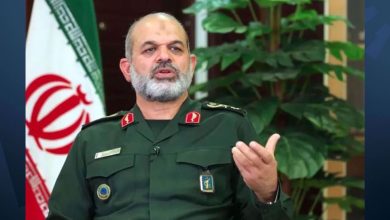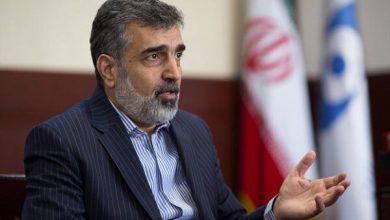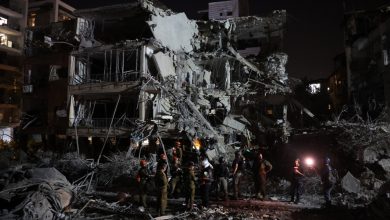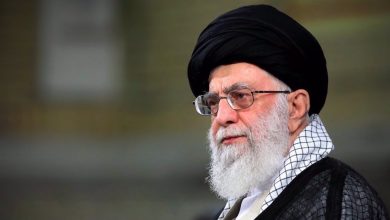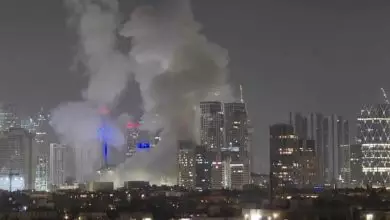EXC: Iran Secures Extensive Cache of Sensitive ‘israeli’ Nuclear and Strategic Documents
Iran's intelligence network has reportedly acquired a substantial collection of strategic and sensitive documentation concerning Israel's covert nuclear program. This cache is said to include detailed records of plans and facilities.
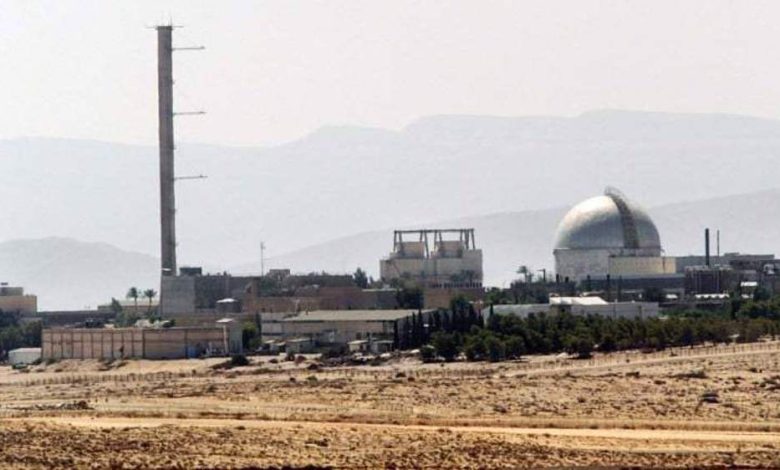
Sources indicated that while the operation to acquire the documents was conducted some time ago, the vast quantity of materials and the imperative to transport them securely into Iran required a media blackout to guarantee their arrival at the designated secure locations.
Reports indicate that the sheer volume of documents is overwhelming, and the process of reviewing them—alongside examining images and videos—has demanded a substantial amount of time.
The disclosure emerges over two weeks following the Israeli authorities’ announcement of the arrest of two individuals suspected of engaging in “security crimes” for Iran.
In a joint statement released on May 20, the Israel Police and the Shin Bet security agency announced the late April arrests of Roy Mizrahi and Almog Atias, both aged 24, on suspicions of carrying out intelligence operations on behalf of Iran.
Authorities allege that the two individuals have been charged with surveilling Israel’s Minister of Military Affairs, Israel Katz, in Kfar Ahim, a community located in the southern occupied territories.
According to sources cited by IRIB, the arrest, should it be linked to the case, took place after the documents had been moved out of the occupied Palestinian territories.
Israel, recognized as one of the nuclear-capable nations, initiated its nuclear program in 1952, receiving technological assistance from France and the United States.
According to various military think tanks, the initial development of nuclear weapons by the regime was traced back to around 1967-1968. Following this period, the production of these weapons increased swiftly, yet remarkably without drawing significant public protest.
In 1986, Mordechai Vanunu, a technician at the Dimona nuclear facility, revealed the secretive nuclear program of the regime. Consequently, in 1988, he was convicted of treason and sentenced to 18 years in prison.
In December 2013, ex-Knesset member Avraham Burg acknowledged that the regime possesses both nuclear and chemical weapons, criticizing the long-standing policy of nuclear ambiguity as “outdated and childish.”
The Israeli government has declined to become a signatory of the Non-Proliferation Treaty (NPT), while the United Nations’ nuclear watchdog has also abstained from exerting pressure on Israel to disclose its nuclear activities.

